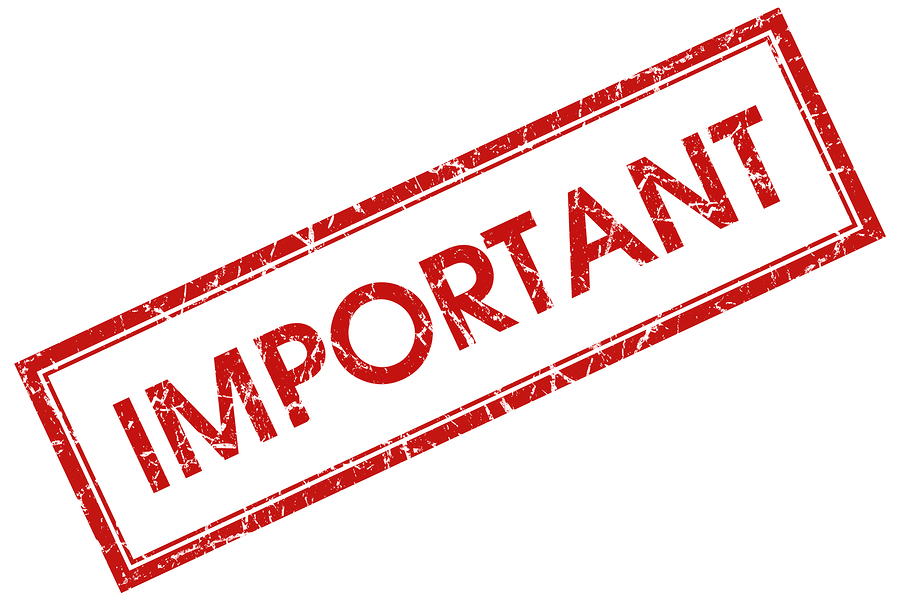Contact Us
Categories
- Compliance
- Disaster relief
- Income Tax
- Americans with Disabilities Act ("ADA")
- Main Street Lending Program
- Remote Work
- Web Content Accessibility Guidelines
- CARES Act
- Economic Injury Disaster Loan (EIDL)
- Payroll Protection Program (PPP)
- Coronavirus Aid, Relief and Economic Security Act
- COVID-19
- Small Business Administration (SBA)
- Liability Waivers
- Miller, as Next Friend of her Minor Child, E.M. v. House of Boom Kentucky, LLC
- Intangible Assets
- Taxation
- Tax consequences
- Community Banks
- Dodd-Frank Act
- SEC Crowdfunding Rules
- Corporate
- Diversity
- ERISA
- Judgment creditors
- Litigation
- Municipal Liability
- Consumer Debts
- Employment Law
- Entrepreneur
- Lenders
- Small Business
- Business Entities
- Equity Development
- Investment
- Mergers and Acquisitions
- Sales and Dissolutions
- Business Formation and Planning
- Closely Held Businesses
- Corporate and Business Tax
- Uncategorized
The CARES Act – What You Need to Know about Relief Now Available for Businesses
With the passage of the Coronavirus Aid, Relief and Economic Security Act, or CARES Act, businesses received a dose of much-needed relief in the form of tax payment deferrals and loan programs. In this post, we’ll take a look at both the previously established EIDL Program and the Paycheck Protection Program.

Paycheck Protection Program
The Paycheck Protection Program (PPP) expansion of Section 7 (a) of the Small Business Act (formerly known as “Small Business Interruption Loan Program”) includes qualifying businesses, independent contractors, sole proprietors, non-profits, veteran’s organizations, religious organizations, or Tribal businesses that have fewer than 500 employees or meet the SBA’s size requirements under the industry-based North American Industry Classification System (NAICS). Hospitality and restaurant businesses and others (independently-owned franchises approved by the SBA, for instance) are exempt from some of these requirements and instead meet location-based requirements.
EIDL Program
The Economic Injury Disaster Loan Program (EIDL) under Section 7 (b)(2) of the Small Business Act has been expanded, allowing more businesses to obtain EIDL loans. Generally, the applicant pool for these faces similar criteria as the Section 7(a) loans listed above. Eligibility for these loans will be based upon the applicant’s ability to pay the loan (such as a credit score), but the usual requirements that the business be in operation for at least a year prior to the disaster or that the business is otherwise ineligible for credit have been waived.
The Interplay between PPP and EIDL
Applicants cannot use funds from both programs to cover the same expenses. For instance, employers may not pay payroll expenses out of both PPP funds and EIDL funds. EIDL loans may, however, be refinanced by a PPP loan.

Anne-Tyler Morgan is a Member of McBrayer law. Her law practice primarily focuses on politics, elections, and campaign finance, nonprofit institutions and associations, foster care and adoption, administrative law, healthcare law, pharmacy law and transactional healthcare and transactional agreements. Ms. Morgan can be reached at atmorgan@mcbrayerfirm.com or (859) 231-8780, ext. 1207.
Services may be performed by others.
This article does not constitute legal advice.

